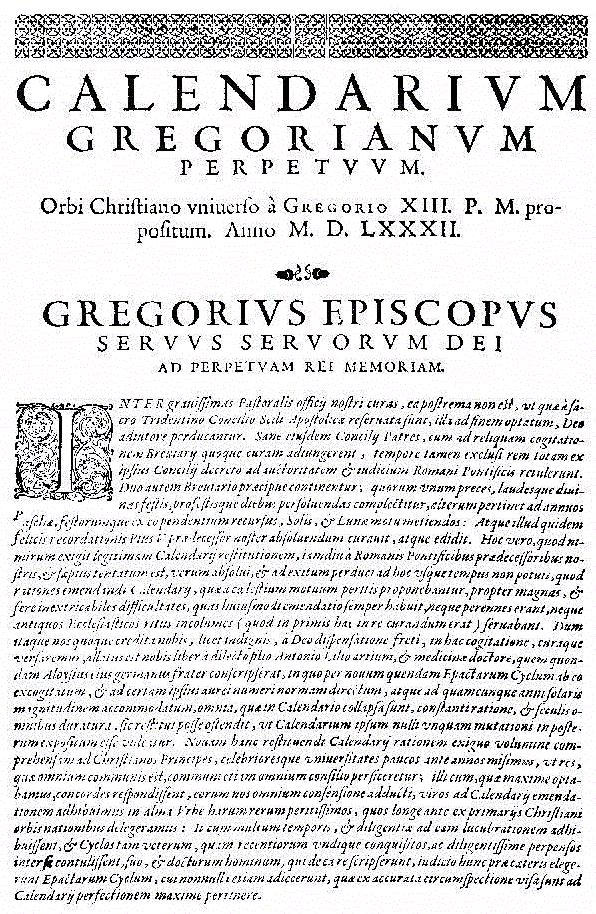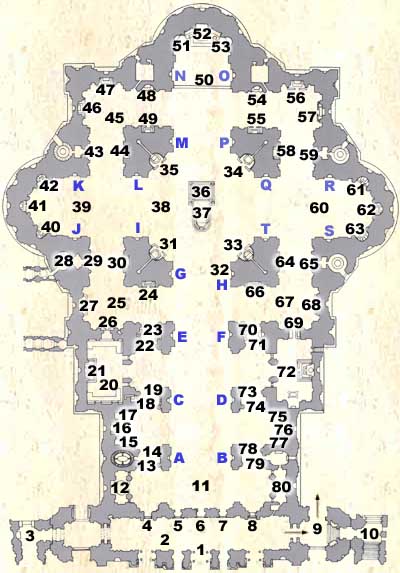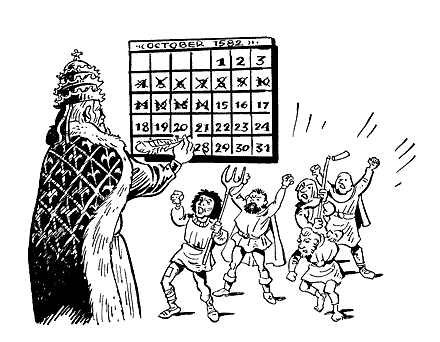"1587: A year of no significance"
Ray Huang, 1981
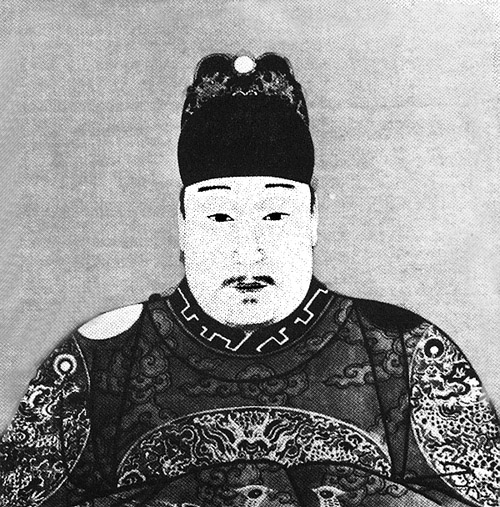
Wanli (1573-1619), 14th Emperor of the Ming Dynasty
Magellan's Voyage 1519 - 1522
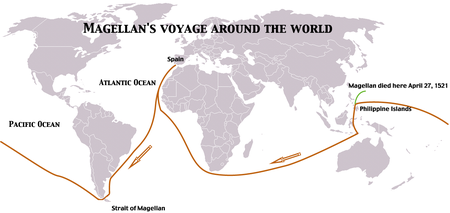
Matteo Ricci (1552-1610)
1582 in
Macao

1582
Gregorian Calendar
(4-14 October, 1582 cancelled = from 3 oct. jumped to 15 Oct. 1582)

Source: http://en.wikipedia.org/wiki/Gregorian_calendar





